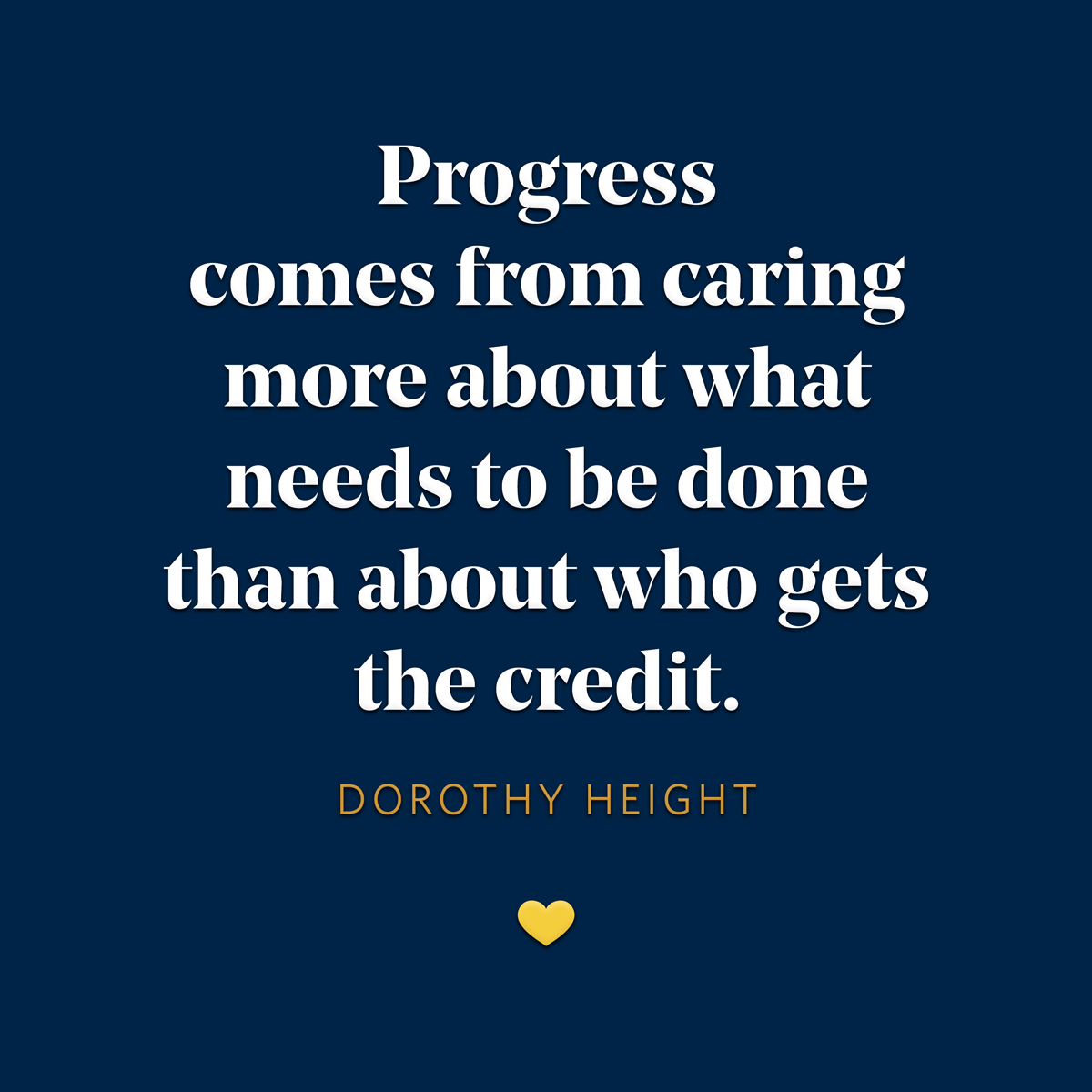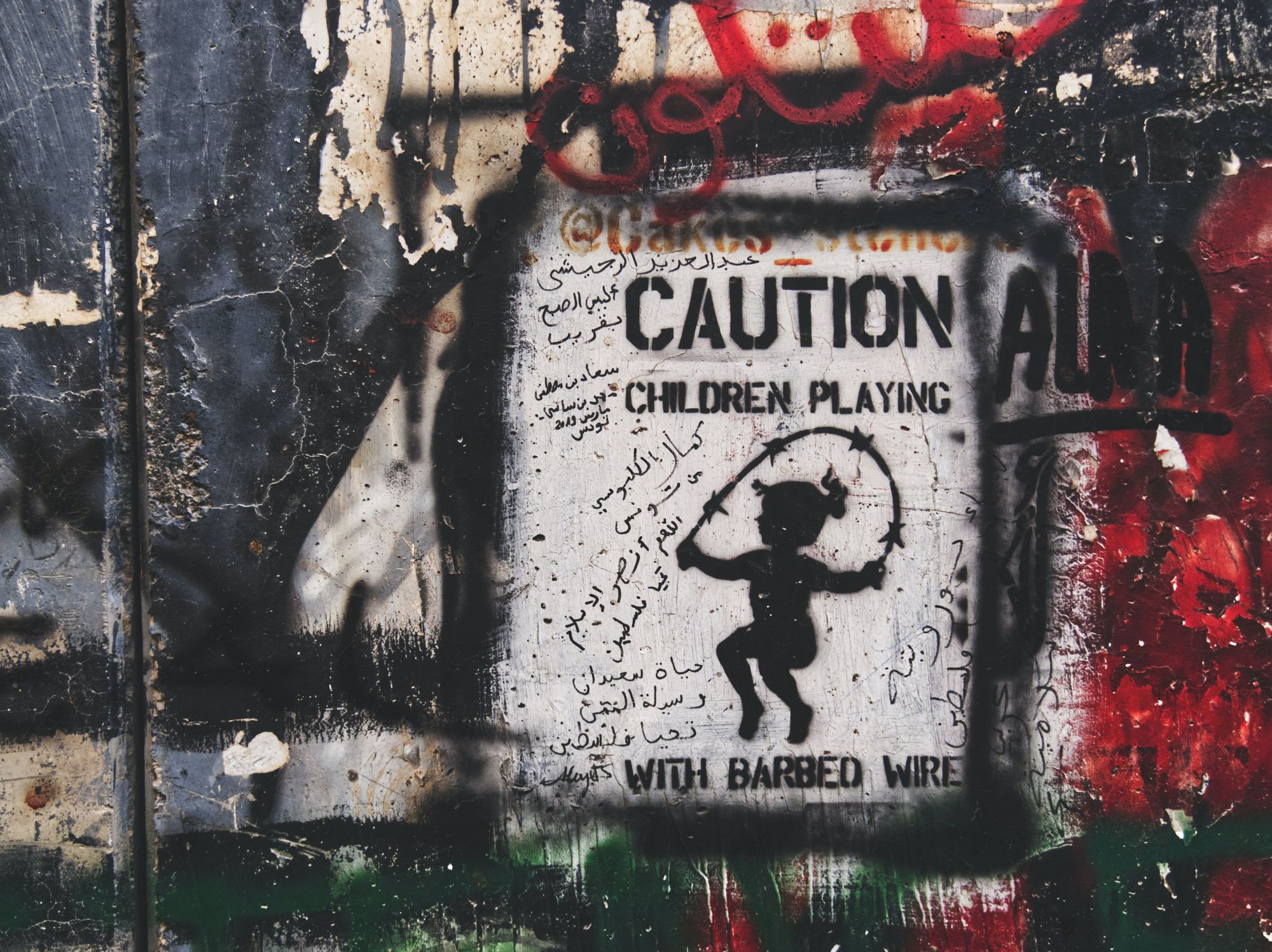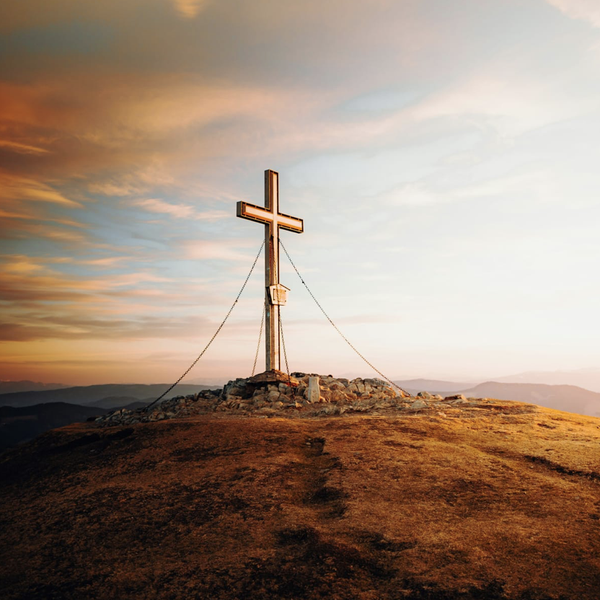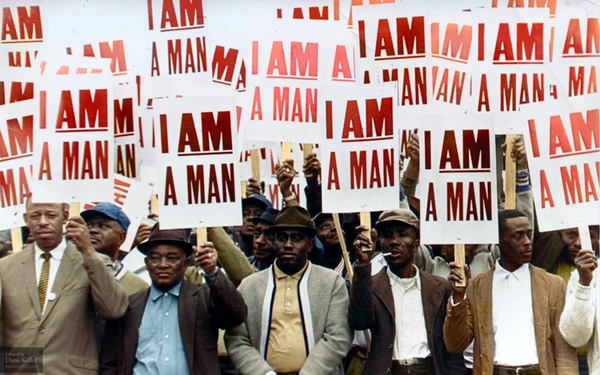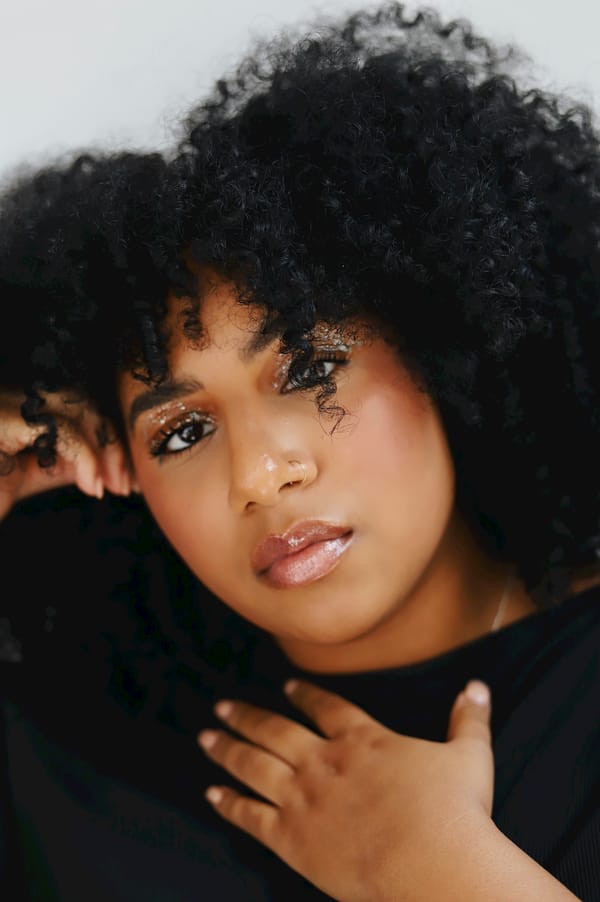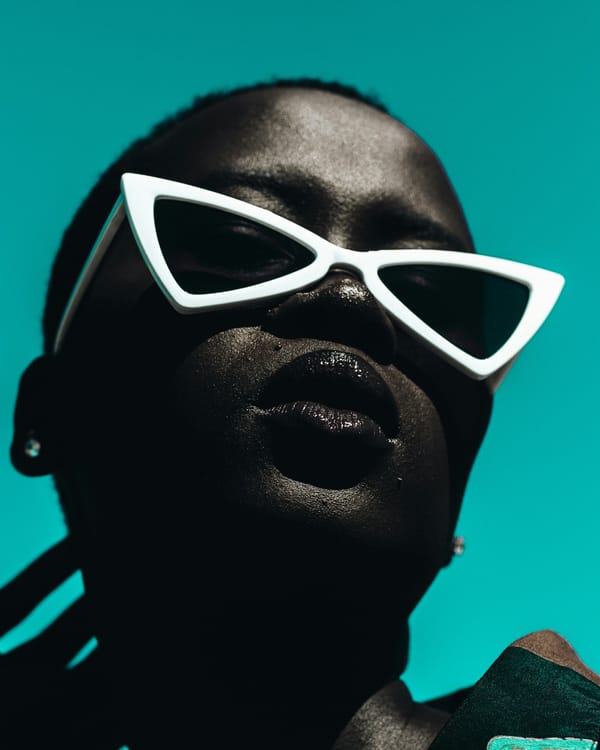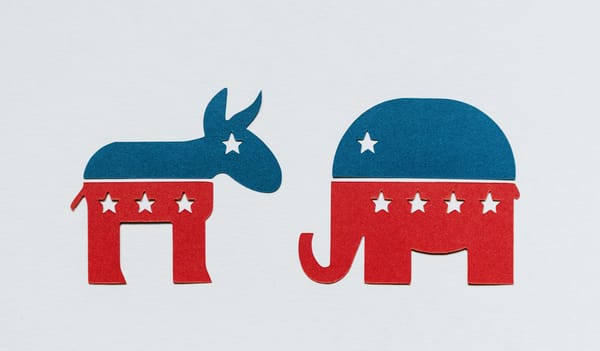Editor’s Letter
Everyone has a strong opinion about what is happening in the Middle East, and very few are open to discussion. “Hamas is a terrorist group.” (Okay, no one really debates that one.) “Netanyahu is a terrorist.” “Israel has the right to defend itself.” “Palestinians have been living in apartheid conditions for years.” “Jewish people deserve reparations—i.e., Israel—after the Holocaust.” “Palestinians didn’t deserve to be thrown off their ancestral homeland.” And on it goes. Anyone who disagrees is the enemy, even if they’re neither Israeli nor Palestinian.
But what if they’re all right?
As someone who grew up in a Jewish neighborhood and has extended Jewish family, I am sympathetic to their history and the repercussions. Many have horror stories, many have lost family members in the worst possible ways. I’ve been to the Holocaust Museum in Washington, D.C. And I used to walk past the Tree of Life Synagogue in Pittsburgh every day, where there was a mass shooting several years ago. Even in America, Jewish people can’t ever feel safe.
I also have Muslim and Palestinian friends. One in particular, a sweet, soft-spoken sixteen-year-old exchange student when I met her several years ago, is now a college student in Canada but the rest of her family just fled their home in northern Gaza. Back when she was here, we went to a baseball game followed by fireworks and she made an off-hand comment that was one of the saddest things I’ve ever heard: “Sounds like bombs.” Not scared, not upset, just nonchalant—because that sound was part of her existence. And yet Palestine had not been officially “at war” with Israel for quite some time at that point; this is just life in everyday Palestine.
I remember when I was young, a Jewish American friend was preparing to serve in the Israeli army because she felt it was her responsibility as a Jew. I asked her to explain the conflict. A fair and educated person, she walked through the history in detail, noting that “Palestinians have a lot of valid points.” And yet she felt the need to support Israel.
Since then, I’ve heard many narratives—some fair, most less so, many of them brutal.
There are More Than Two Sides
In any given situation, most people have divided everyone involved into two groups, although that generally means stuffing quite a lot of people into a box where they don’t really belong. Israel vs. Palestine. Israel vs. Hamas. Israelis vs. Palestinians. Jews vs. Muslims. Jews vs. Arabs. Anti-semites vs. anti-Muslims. Liberals vs. Conservatives. Progressives vs. Liberals. Hawks vs. Doves. Yahweh vs. Allah vs. God. I could go on all day.
To many, voicing the horror of genocide is to be anti-Israel, and anti-Semitic. To worry about the hostages is to be anti-Palestinian or even anti-Muslim. The simple act of tearing down the hostage posters here in the U.S. is to choose a side, risk being blasted on the news, and potentially even be expelled or fired from your job. Jewish- and Muslim Americans here have been targeted due to the war over there.
In reality, there are lots of Israelis who don’t agree with Netanyahu. There are plenty of Palestinians who are anti-Hamas. Jewish Americans advocating for peace in the Middle East. Muslims who are anti-violence as a central tenet of their religion.
What About Gray?
It would be very nice and neat if everything fit neatly into two buckets. Right vs. Wrong. Day vs. Night. Black vs. White. It would be really easy to figure out who the good guys are and pick a side.
The problem, as suggested above, is that you end up with two buckets bulging with people who don’t really belong in either. And because we’re so fixated on right vs. wrong, we tend to entirely dismiss everyone in the “bad” bucket, even if half the people in either bucket are sitting squarely between the two. Do we really want to negate Israelis who are, say, against the occupation, or Palestinians who simply want to live in peace? Or half our fellow Americans, who, to be quite honest, don’t know jack about the history of the region anyway?
Beyond the unfairness and the arbitrariness of it all, here is what happens when we boil it down to two buckets. We yell at each other. We hate each other. In the case of Hamas and the Israeli military, we literally bomb each other nonstop, murdering thousands of civilians, including small children and babies, unwilling to even acknowledge these are war crimes against humanity.
What we don’t do? We don’t listen to each other. We don’t mourn the others’ losses, as human beings should all do. We don’t consider compromise or look for solutions. And so it goes, on and on and on and on. Israelis and Palestinians have been fighting since the day Israel was established seventy-five years ago, and it shows no signs of ever ending short of complete genocide.
Are we not all gray? Can we not do better?!
This Isn’t Just Gaza or Hamas
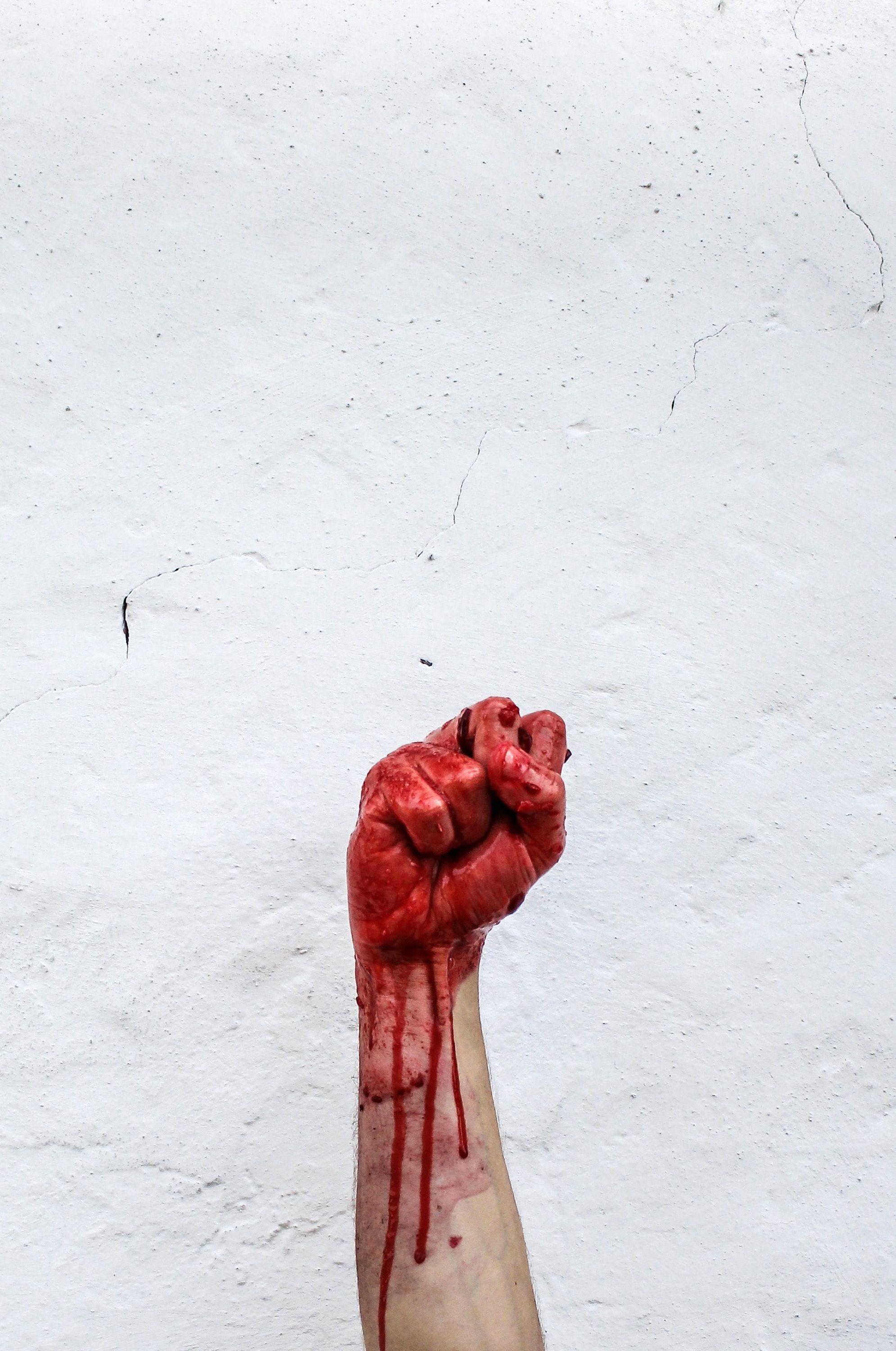
This is Humanity.
It’s a funny thing. Americans have a tendency to consider everyone in the Middle East extreme and therefore bad. When someone (really, anyone other than our ally Israel) commits a barbaric act, we label them terrorists: the Taliban, Islamic Jihad, Hamas, Al-Qaida, Hizballah, Boko Haram, the PLO. We shake our heads in sorrow at Russia versus Ukraine. India versus Pakistan. Everything in Syria, Nigeria, Afghanistan . . . the list is long. “Over there,” there are people who don’t belong to any of these groups; people just trying to survive. But they’re not as newsworthy and we tend to forget about them. Everyone “over there” is a terrorist.
In America, we come up with more palatable names. Lone wolves bomb federal buildings, commit mass murder in Black churches and grocery stores, and patriots storm the Capitol Building. Terrorists are brown and Black, they have accents; but that shooter was just Joe and Suzy’s boy! He may be a little off, but he don’t mean no harm by it! So he and his friends, they’re Proud Boys. Boogaloo Bois. Oath Keepers.
Somehow, we white folks struggle to call the worst of the worst white boys in America terrorists, but if a group of Palestinians does something bad, we condemn all 2.3 million of them. By that logic, are we not all guilty of storming the Capitol? Do we not all bear responsibility for every mass shooting?
If anything, we do the opposite when it’s a white guy. He was a loner. He was mentally ill. We may even feel bad for Joe and Suzy, who are good Christians. Whiteness? What does that have to do with anything?
Divisiveness Kills
Hopefully we can all see the hypocrisy of condemning others based on their demographics, while finding loopholes for our own. When we divide people, intentionally or deliberately otherwise, people die. We blamed a country for Al Qaida, and innocent Iraqis died. We say Ukraine is corrupt anyway, and people die. We blame a country for Hamas, and Palestinians die. We ignore the faults of our own demographic, and Black people die. Immigrants die. Gay people die. Capitol police die.
The problem is only getting worse as the world becomes more authoritarian and one of the tactics of authoritarian leaders is to drive fear of difference. Different country? Bad. Different religion? Bad. Different skin color? Bad. Different political beliefs? Bad—and not just bad, dangerous! It’s no wonder that the pundits talk about World War III and people keep buying more guns.
We all need to break free and think for ourselves before more people die. We need to figure out empathy before more children and babies die. How are we similar—do we not all have the same hopes and dreams? The vast majority of us just want to find love, earn enough money for food on the table and a roof over our head, be healthy, raise a family where we were born and the color of our skin mean little in comparison. And, if we can find the humanity in each other, can we not find solutions to our issues or, at the very least, compromise?
Love one another.
Sherry Kappel
OHF Weekly Managing Editor
New This Week
Gun Violence Comes from Mob Rule, Not Thug Life
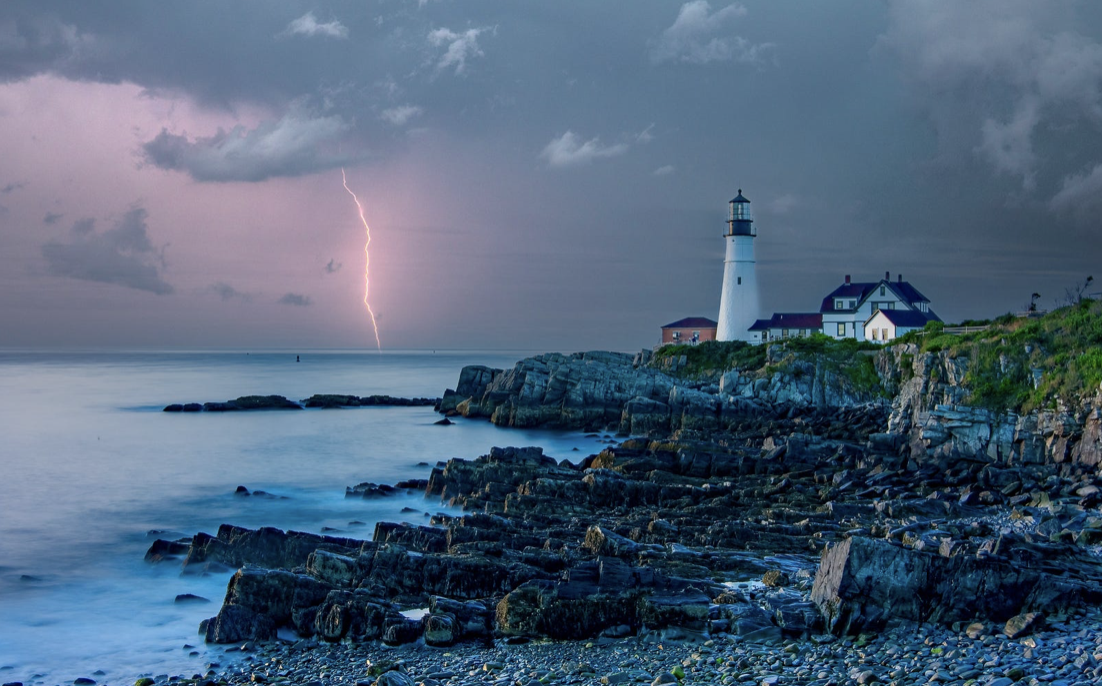
Why the Lewiston, Maine mass shooter escaped the state’s “yellow flag” laws, meant to keep weapons of death and destruction out of hands like his, is a question in search of answers. Eighteen people were murdered and thirteen more injured: the price for ignoring threats made by the shooter himself and numerous warnings from family members.
The answer as to why gun violence and mass casualties are acceptable conditions of life in the U.S., perhaps, lies in a place few want to look: the intersection between the country’s tolerance of mob rule and the hypocrisy of its disdain for thug life.
The Tolerance
Most people in the U.S. know the double standard to which different groups of people are held accountable. A blind eye turned to the behaviors of some that are not tolerated when committed by others. It is a lesson that most Black parents teach their children, particularly males, during their youth. The reason for doing so is entrenched in the country’s history and culture. The result is that many in the dominant culture have grown accustomed to defending rights and privileges others do not have. The freedom to stray from laws and rules that others have to obey is expected by some. The Lewiston mass shooting serves as a reminder of separate and unequal expectations, regard, and applications of the law.
To state it bluntly, in this case, mass murder and gun violence are the price for double standards made acceptable by factions/mobs who have taken control of the country’s laws, governance, and many of its agencies. A double-edged sword, assuredly, as the Lewiston tragedy exemplifies. For when the dominant class ignores the behaviors of their own, while hawking self-protection from “evil others,” the normalization of more murder weapons in the hands of citizens than there are citizens also occurs. This unavoidably makes mass murder collateral damage secondary to profiteering.
Mob rule – factions controlling governance and decision making – was a fear of James Madison, the father of the U.S. Constitution, and author of the Bill of Rights. Madison wrote about this pointedly in the Federalist Papers. Specifically, he worried that the role of government as the arbiter for the common good, essential to democracy, could fall victim to the conspiracies of those seeking to use governance to advantage themselves and their agenda, rather than serve the people.
Read the complete article at OHF Weekly.
Losing a White Friend Due to His Racism: What Do You Do When They Cross the Line?
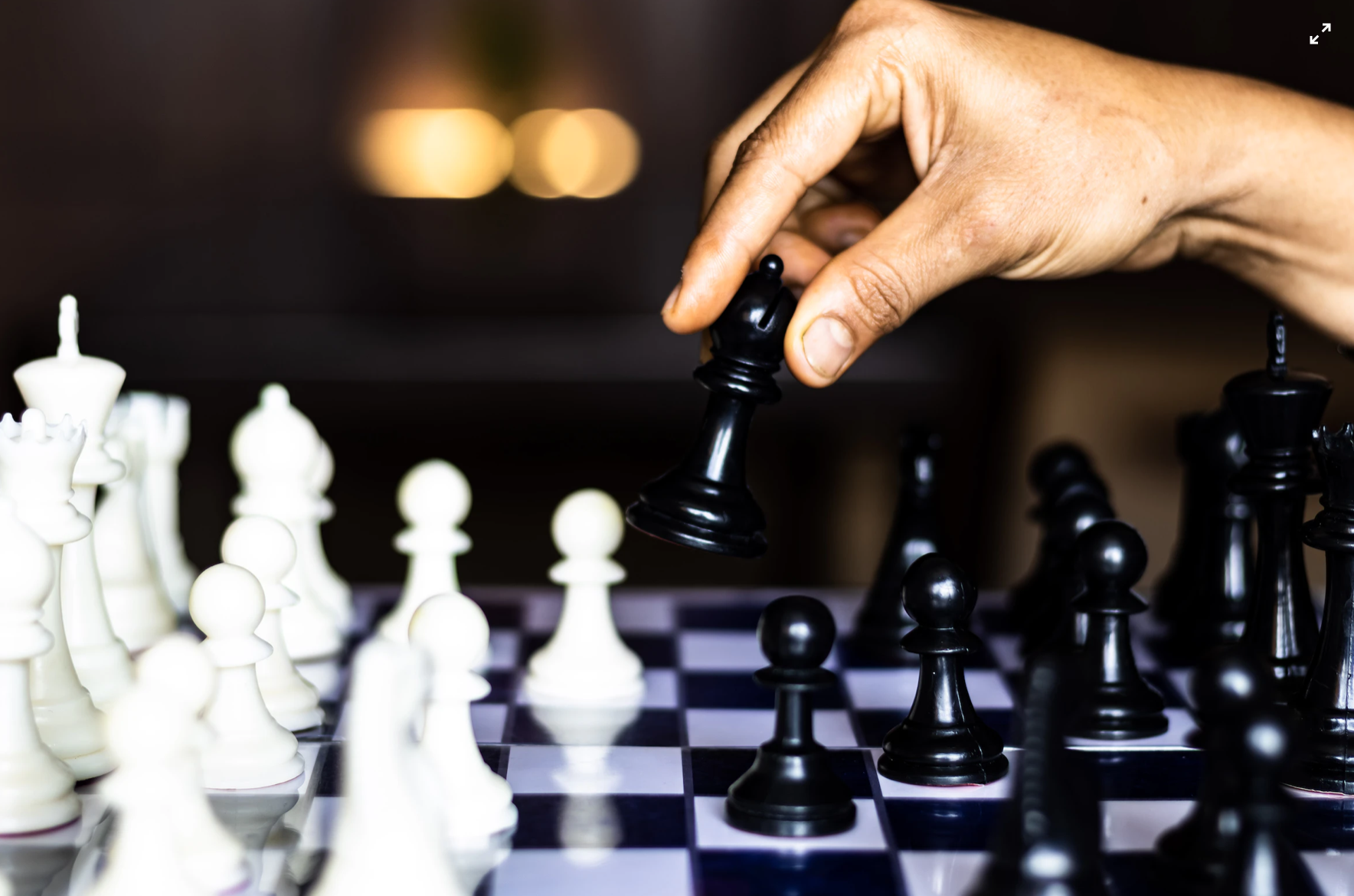
I wrote an article about times when my best friends were white. For various reasons, we went our separate ways, but it was proximity, not racism, that disrupted those friendships. I mentioned in that story a relationship that ended related to racism. It has taken a little longer for me to share because I’m still a bit sensitive, but the time has come.
“Even those like myself, who often write about and focus on race, inequality, and man’s inhumanity toward man, can have good white friends and not let things get in the way. I’ve had it happen the other way, where a friendship fell apart due to racism, but it was the exception and not the norm.”
I met Earl at work; we were similarly-aged sales managers at a mid-sized telecommunications firm at their Orlando office. In theory, we were competing against each other for recognition and future promotions, but that never came between us. We shared information, often lunched together, and referred potential hires to each other that might be better suited to the other’s sales group. We were friendly without being great friends. We never went to each other’s homes for meals but did play an occasional round of golf on the weekends.
A few years later, I left the firm to start a business where I often needed part-time employees for special events like concerts and sporting events at the local arena and football stadium. The number of locations I needed to staff typically ranged from two to six (sometimes as many as ten). I had a group of regulars who managed stands, including Earl, whose family and friends staffed one of the two top locations. He/they were dependable, timely, and trustworthy; though I was his part-time employer, we were still good friends.
Read the complete article at OHF Weekly.
All Bigotry Is Ignorance, But Not All Ignorance Is Bigotry
By Walter Rhein
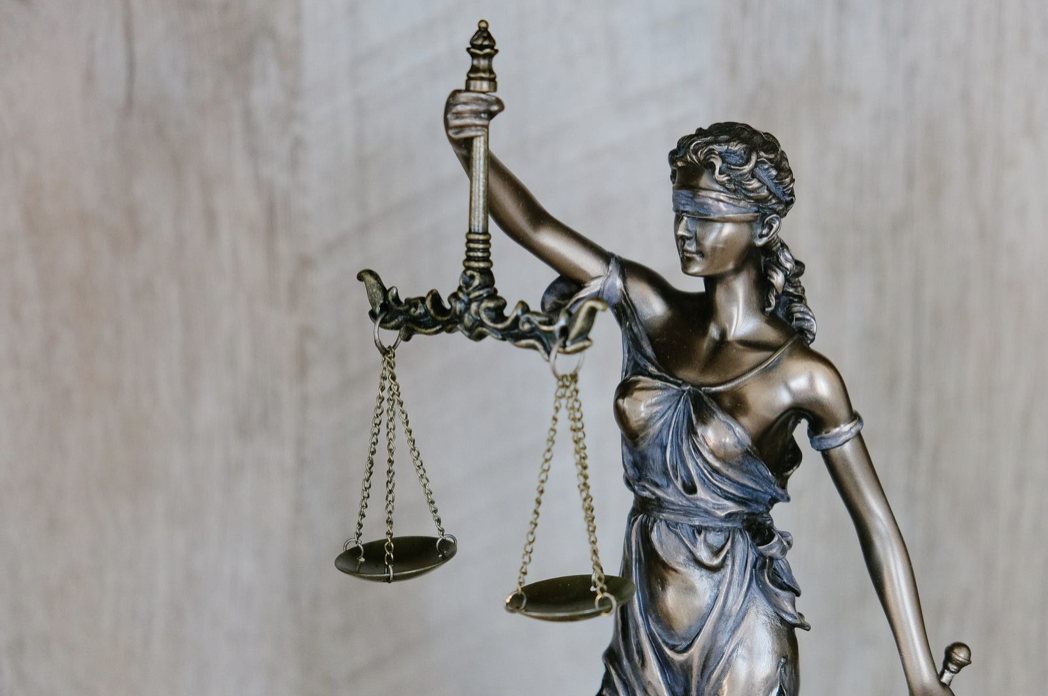
Here’s an exchange that I see often:
Proud father: “My perspective on women changed when I had a daughter.
Response: “Imagine not being able to recognize women as human beings until you see yourself in one.”
This dialogue always gives me pause. My first reaction is to dismiss the criticism as too extreme. But there’s another part of me that recognizes the second comment stings because it’s true.
Finding the truth in a painful criticism is an exercise in self-discipline. First you have to overcome your defensive response, then you have to overcome the reflex to reject things you don’t understand. Both of these impulses are very powerful, and they can be deployed to derail productive discussions before they even begin.
The key to finding common ground is to explain complex perspectives in a way that’s familiar and accessible. This requires compassion, patience, and creativity. Most of all, you have to be steadfast because even when you make progress, it’s tempting to slip back into old habits.
Embracing the Concept of Compassion
I’d be lying if I said having daughters didn’t change my perspective on women. It’s not my fundamental nature to be hateful and ignorant, but to a large extent that attitude was an inherent part of the white, rural, conservative community where I was raised. Bad habits are hard to unlearn, particularly if those habits are constantly reinforced.
Perhaps I would not have been drawn to the topic of social justice if I hadn’t had daughters or married an immigrant. But that would have been a tragedy because embracing a more humanitarian perspective has enormous benefits. I feel my progress on this journey has made me into a better husband and father, and increased my overall life satisfaction.
Today, I feel a responsibility to help other white men be less combative when presented with the idea of social justice activism. I often contemplate how I can make it easier for men without daughters or immigrant wives to give up the toxic beliefs that have such a negative impact on our society.
I have an advantage because I know how they think. I’ve had those thoughts and I learned how to move on from them.
Anyone who passes through the wilderness has an obligation to clear a path for those who follow. Much of that process simply involves coming up with new ways to help people understand each other.
Read the complete article at OHF Weekly.
#GivingTuesday 2023
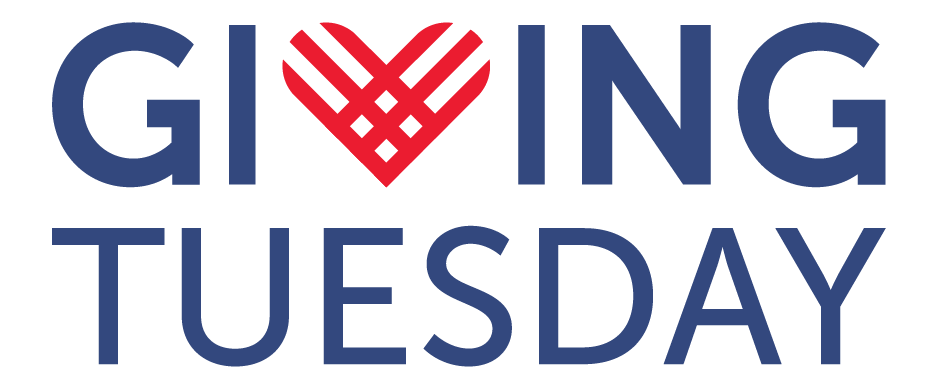
We at Our Human Family and OHF Weekly believe that people can shed their racist beliefs:
- when they want to change
- when they believe change is possible
- and when they know how to change
Tuesday, November 28, join #GivingTuesday’s global generosity movement and donate to the work of Our Human Family (a registered 501(c)(3) charitable organization) on racial equity, allyship, and inclusion with a tax-deductible donation. Or you can give now
Please give. No gift is too small. Whether you donate $5 or $500, every little bit helps. Thank you for your continued support.
Final Thoughts
